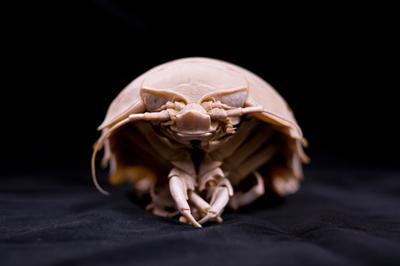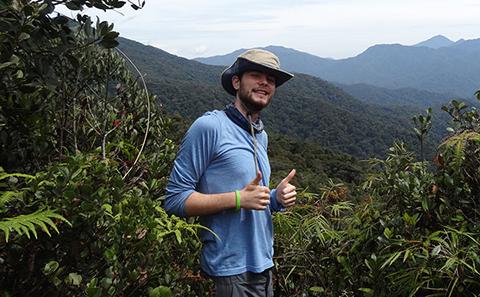
Read our student blog
After every episode of Blue Planet II our students Kieran and Elin will be blogging about the programme and relating it back to what they are learning on their course.
Have you been inspired by the BBC's Blue Planet II?
Find out about our academics' involvement in the series and how you can dive into the world of ocean and marine science.
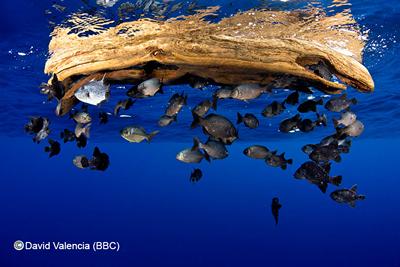
As world leaders in research and education in Marine and Ocean Science, the University of Southampton is tackling the most pressing scientific questions about our aquatic world – from the coast to the deep ocean.
Southampton graduates, turned academics, Dr Jon Copley and Dr Cathy Lucas were asked by the BBC to be scientific advisors on this latest Blue Planet series.
Here you can learn more about our oceans and join in the conversation @OceanEarthUoS.

After every episode of Blue Planet II our students Kieran and Elin will be blogging about the programme and relating it back to what they are learning on their course.
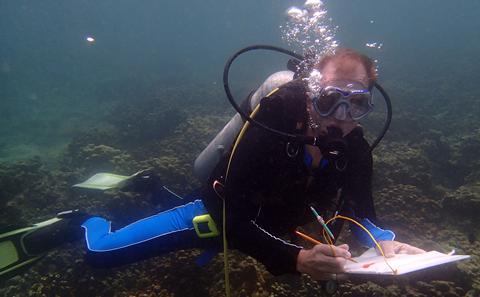
Explore all our undergraduate and postgraduate degree opportunities in marine and ocean science.
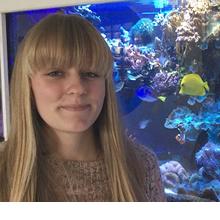
The Blue Planet series inspired me to follow a career in marine biology......[My] project is supervised by Dr Jon Copley, whose work on Yeti Crabs will be featured in the upcoming Blue Planet II series.
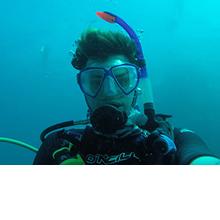
It is difficult to overstate the importance of the original Blue Planet on my generation's understanding of the Earth. The first time I had ever seen a deep sea creature was in the second episode of the first series, and 16 years later I'm studying deep sea ecology.
Find out what life is like on a Southampton University Marine Biology field trip
About this courseKelly Greener, a current undergraduate, tells how she came to study Oceanography and how Blue Planet inspired her.
About this courseResearch undertaken by staff here at the University of Southampton has informed much of the science that is covered in Blue Planet II.
Episode by episode you will be able to find articles and videos explaining more about the science behind Blue Planet, plus expert commentary from our staff and students and links to Dr Jon Copley's 'Catch of the Day' in the BBC's weekly podcast.
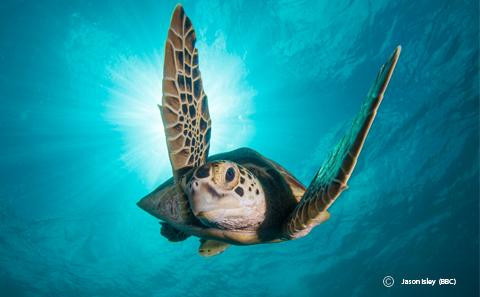
Explore our recent oceans and climate change conference and find out if the ocean is really the world's biggest habitat.
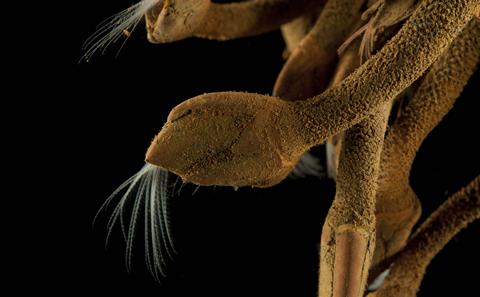
Watch Dr Jon Copley's TEDx talk and hear about how a Southampton team discovered the world's deepest known undersea volcanic vent.
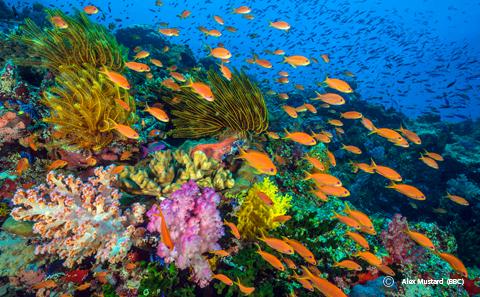
Find out more about glowing coral and bleached coral and our work to understand and preserve these amazing organisms.
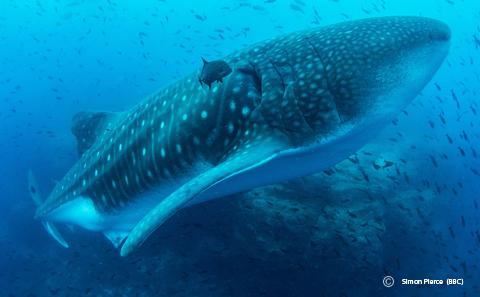
Find out more about how plastic is harming marine life in the big blue and how we are working to ensure sustainable fishing.
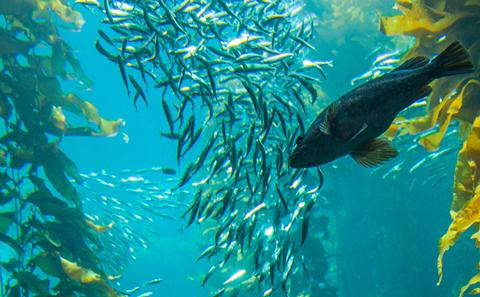
Read about our PhD student's close encounter with sharks in a mangrove swamp and our discoveries about marine bacteria.
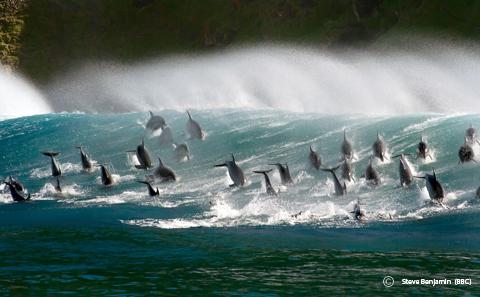
Read our coastal research blog and find out about our research into coastal flooding in the UK.
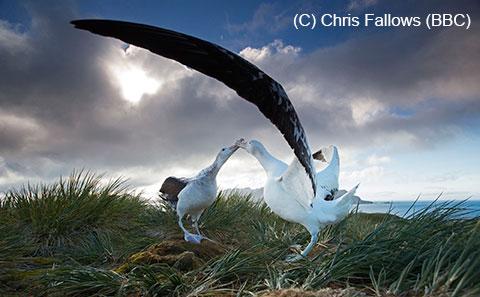
We are determined to make a sea change. Read how our research preserved a fragile coral reef and how our work is helping to predict flooding and global sea levels.
The University of Southampton is leading an expedition to the Antar...
Read MoreAs one of the UK’s most eminent geologists, she has uncovered clima...
Read MoreScientists have been given millions to launch a research and traini...
Read MoreIn partnership with FutureLearn we offer a free online course, open to anyone who would like to find out more about our oceans.
Over the four week course you will be able to explore ocean biodiversity, life in the deep sea and how humans are impacting the deep ocean.
The course is now signing up for February 2018.
